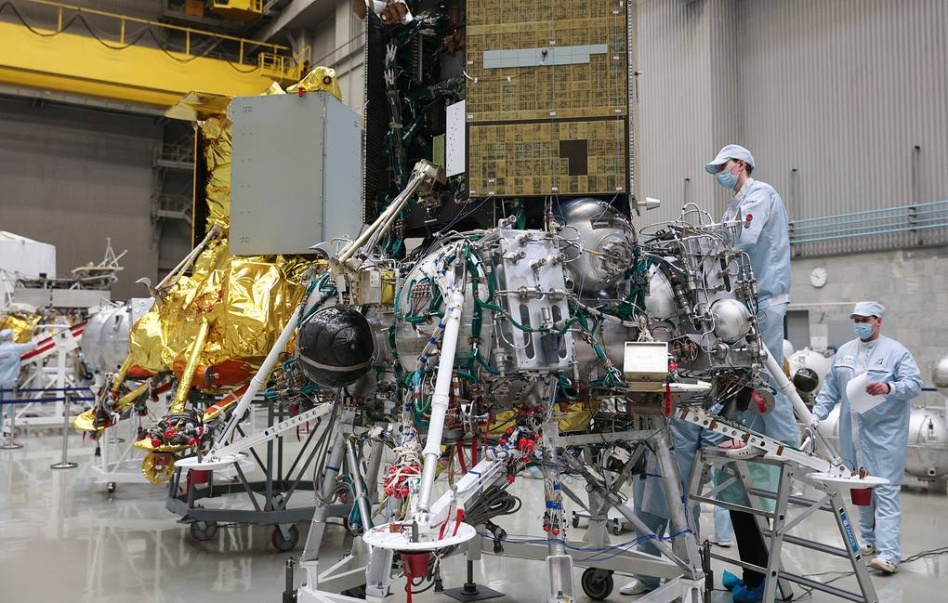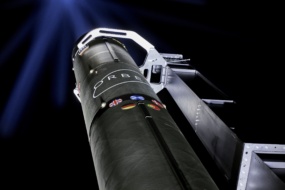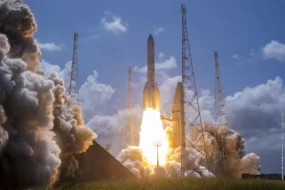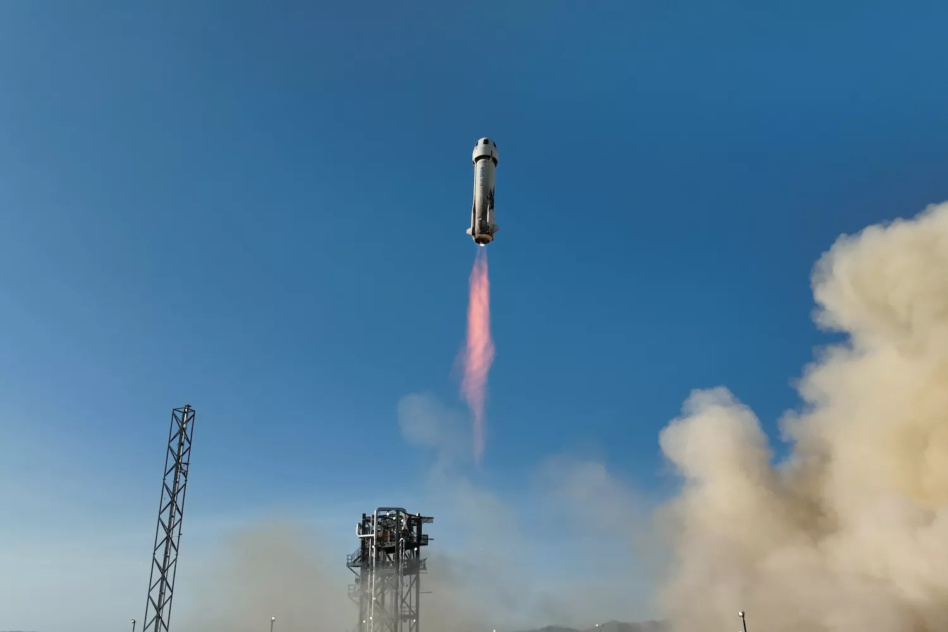The lunar surface has claimed another victim.
Russia’s Luna-25 crash-landed on the Moon this weekend after the spacecraft fired its engines in an attempt to maneuver into its pre-landing orbit. The failed mission is a blow to the Russian space program, which hoped for a triumphant return to the lunar surface after a 47-year absence.
“According to the results of the preliminary analysis, due to the deviation of the actual parameters of the impulse from the calculated ones, the device switched to an off-design orbit and ceased to exist as a result of a collision with the lunar surface,” Roscosmos said in a statement.
The lunar surface has now swallowed four spacecraft in four years, including Israel’s Beresheet, India’s Chandrayaan-2 Vikram, and ispace’s HAKUTO-R M1.
The upshot: The failed Luna-25 mission comes as Russia’s space program continues to fall behind in global space dominance. The crash, coupled with the country’s ongoing and costly invasion of Ukraine, further complicates Russia’s lunar ambitions, including its three additional lunar missions planned for the decade.
India at bat and Japan on deck: In better news, India’s Chandrayaan-3 probe is ready to take its crack at the daunting lunar landing. After successfully separating from its propulsion module and nailing its final pre-landing orbit this weekend, India’s space agency is tracking toward an Aug. 23 touchdown on the Moon’s south pole.
Then, in a grand finale to a busy lunar week, JAXA plans to launch its SLIM Moon Sniper lunar lander to the Moon on Aug. 26 for its landing attempt.





